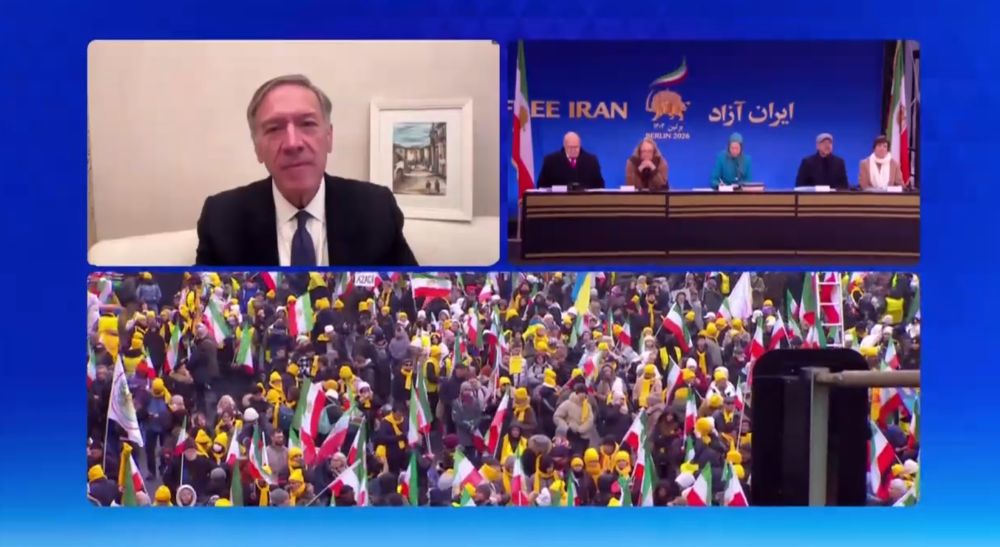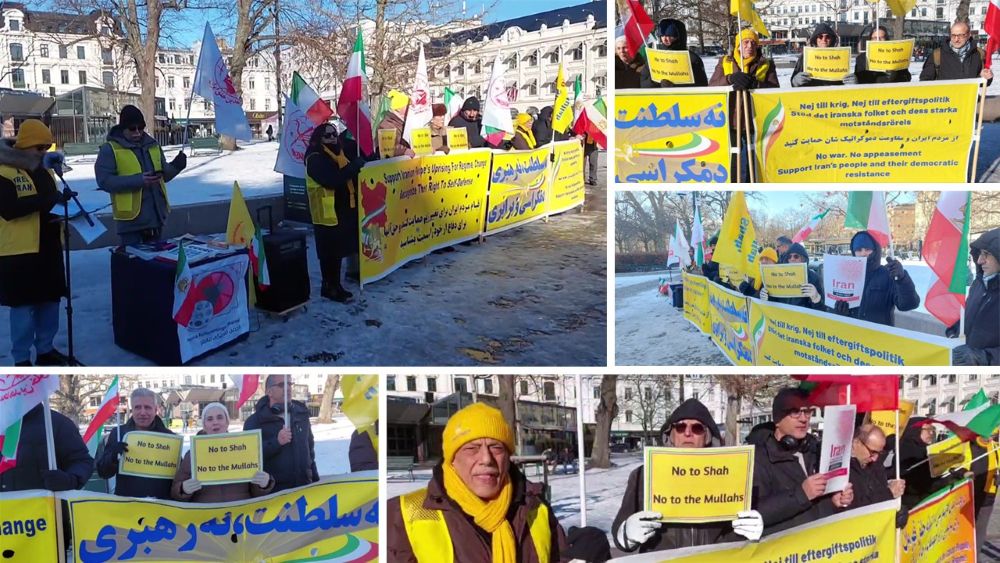Theresa Villiers MP, former UK Secretary of State for Environment addressed an online panel supporting women’s rights in Iran to mark International Women’s Day on March 8, 2021.
A panel of 30 Members of Parliament and women’s rights activists from the UK and Europe urged their governments to put human rights at the forefront of Iran policy during an online conference sponsored by the British Committee for Iran Freedom on International Women’s Day, March 8, 2021.
The cross-party speakers called on the UK and EU governments to work together to put pressure on the regime to release all political prisoners, prisoners of conscience, protesters, and dual citizens held under arbitrary charges in Iran, especially the women. Speakers urged the UK and EU to make economic and political relations and agreements with the regime in Tehran contingent upon verifiable improvements in human rights and women’s rights. They stressed that Iran stands on the brink of change as the regime has no solutions to any of the economic and social crises facing it and that growing popular dissent in the country rejects the theocracy in its entirety and demands regime change.
The President-elect of the National Council of Resistance of Iran (NCRI), Maryam Rajavi, was the keynote speaker at the conference speaking alongside the panelists including several former ministers.
Theresa Villiers MP, former UK Secretary of State for Environment
Thank you very much, Baroness, for chairing the first part of this conference and for that kind introduction. It’s an honor to be part of this important virtual event hosted by the British Committee for Iran freedom.
It’s great to be able to celebrate International Women’s Day with you. It’s an opportunity for me as so many others have done to pay tribute to the brave women in Iran and around the world who struggle for equality and challenge misogyny.
It’s a privilege to share a virtual stage with NCRI President Elect Maryam Rajavi. We all know Mrs. Rajavi shoulders the monumental responsibility of leading the campaign for democratic change and reform in Iran.
As we all know and as many have said, at this event, the regime in Tehran has reduced women to second class citizens.
They’re prevented from making their own choices on their clothing, their work, their travel, and on so many other aspects of their lives, and they’re left vulnerable to the horrors of domestic violence and forced marriage.
All of this in addition to brutal curbs on freedom of expression, political dissent and human rights, which the regime imposes on all its citizens, men and women.
By contrast, Mrs. Rajavi leads a movement that embraces women’s leadership and has a strong focus on empowering women. I very much hope that one day, we see a realization of Mrs. Rajavi’s ambition that a future generation of girls in Iran will be able not only to pursue happiness and equal opportunities, but also to shape their country’s future and see it take its rightful place amongst the free nations of the world.
This is the theme for International Women’s Day chosen to challenge. On the official website for the day, it explains, “From challenge comes changed. So, let’s all choose the challenge.” Not an easy thing to say.
From the first day, someone has usurped power in Iran by hijacking the revolution 42 years ago. Many women have chosen to challenge the theocratic regime to try to bring about change.
Today, the regime faces growing protests and popular dissent despite all its brutal crackdowns, executions, and mass arrests. And the question for the UK governments and the international community is on which side of history do they want to be?
I would strongly encourage the UK government to engage with the NCRI and Mrs. Rajavi and her 10-point plan for democracy, human rights and equality.
Our foreign secretary should also work with the EU and international partners to put pressure on the regime to release political prisoners and the unjustly imprisoned dual nationals, especially the women who languish in prison unfairly.
And as others have said, any future relationships or agreements with Iran needs to be contingent or real and verifiable improvements in human rights and women’s rights. And I’d also like to see the UK’s new Magnitsky sanctions system applied to regime officials and leaders who are responsible for serious human rights violations.
Clearly, the Mullahs feared the democratic aspirations of Iranian opposition groupings, and they fear the empowerment of already women, who want a democratic future for their country.



